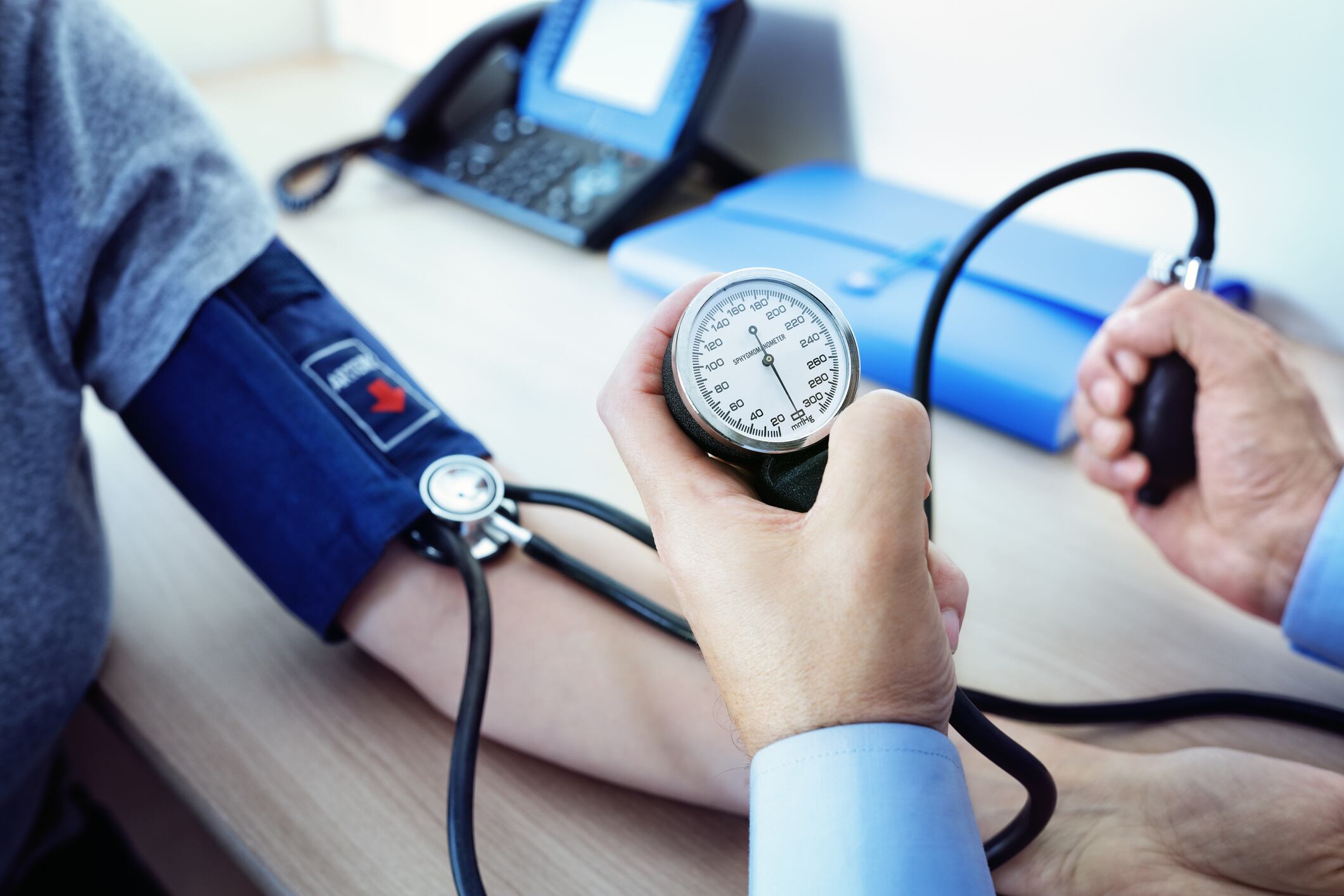In addition, it was noted that within these blood pressure ‘responders’, significantly higher levels of the associated phenolic metabolites of phenylpropionic and phenyllactic acids were found in the faecal samples.
“To the best of our knowledge, this is the first study where a dietary intervention with both bilberry and grape seed extracts was provided as a single intervention,” the ‘Frontiers in Nutrition’ published report emphasised.
The researchers highlighted: “Long-term supplementation with bilberry and grape seed extract can improve systolic and diastolic blood pressure in individuals at risk of T2DM. Individual responsiveness was correlated with the presence of certain fecal bacterial strains, and an ability to metabolize (epi)catechin into smaller phenolic metabolites.”
Nutrition and CVDs
CVDs and associated metabolic conditions are known to be leading causes of morbidity and mortality across the globe, due to the increasingly obesogenic environment of the modern day. As the prevalence of these diseases grow, so does the burden to society.
It has been increasingly established that nutritional strategies can be highly effective for the prevention and treatment of such conditions. Whilst weight-loss dietary interventions are known to significantly reduce the risk of such conditions, including T2D, these can be challenging to maintain for many.
Therefore, there is a need for alternative sustainable strategies to improve patient outcomes. Many recent studies have investigated the efficacies of natural plant substances, including phenolic components of fruits such as anthocyanins and flavanols. It has been noted that such compounds may improve glucose and cholesterol metabolism whilst reducing blood pressure in those with metabolic syndrome and T2D, following their interaction with the gut microbiome.
Thus, the researchers sought to investigate the long-term supplementation containing bilberry and grape seed extract on those at risk of developing T2D, in terms of its potential effect on glucose, cholesterol and blood pressure levels. Furthermore, the potential influence of the gut microbiota and bioavailability factors of different phenolic metabolites on the intervention outcomes were also assessed.
Study
The randomised controlled cross-over trial involved the recruitment of 14 individuals assessed to be at risk of developing T2D, following inclusion criteria specifying a BMI of over 28 kg/m2 and an age of 45 years and above.
Participants either received the supplement containing 250mg of bilberry with 300mg of grape seed extract, or 550mg of a controlled placebo extract. These were administered each day over a period of 12 weeks. Blood tests and blood pressure measurements were taken, as well as measurements of glycation end products in the skin. Dietary intakes were assessed using weight food diaries, and subsequent faecal samples were taken to assess phenolic metabolites and microbiota composition using 16S rRNA gene sequencing analysis.
It was reported that whilst the supplementation did not affect glucose and cholesterol levels, there was a significant reduction in the systolic and diastolic blood pressure readings by 4.7mmHg and 2.3mmHg, respectively.
It was also noted that, within the observed blood pressure ‘responders’, there were significantly higher levels of phenylpropionic and phenyllactic acids analysed within the faecal samples. Furthermore, these participants had higher proportional abundances of Fusicatenicbacter-related bacterial species.
Significance
“Intervention with bilberry and grape seed extract significantly decreased average 24 hours systolic and diastolic blood pressure by 4.8 and 2.6 mmHg, respectively. This reduction in blood pressure is comparable with the efficacy of anti-hypertensive drug treatment, showing an average decrease of 5.9/3.1 mmHg blood pressure across 147 drug intervention studies,” the researchers emphasise.
They noted previous in vitro and animal studies which attributed the blood pressure lowering effects of phenolic metabolites to their ability to mediate the nitric oxide response, enabling for vasodilation of the blood vessels.
Following the established significance of the findings, the report stressed that the results will influence the future research in this field for potential dietary intervention strategies with plant bioactives, Yet it is noted that larger, more representative samples will be required.
Source: Frontiers in Nutrition
https://doi.org/10.3389/fnut.2023.1139880
“A grape seed and bilberry extract reduces blood pressure in individuals at risk of developing type 2 diabetes: the PRECISE study, a double-blind placebo-controlled cross-over intervention study”
Teresa Grohmann, Alan W. Walker, Wendy R. Russell, Nigel Hoggard, Xuguang Zhang, Graham Horgan and Baukje de Roos

